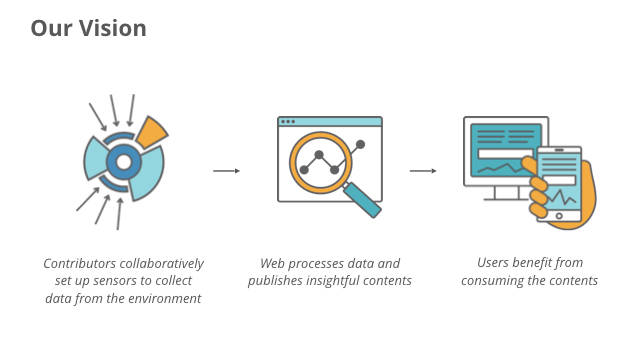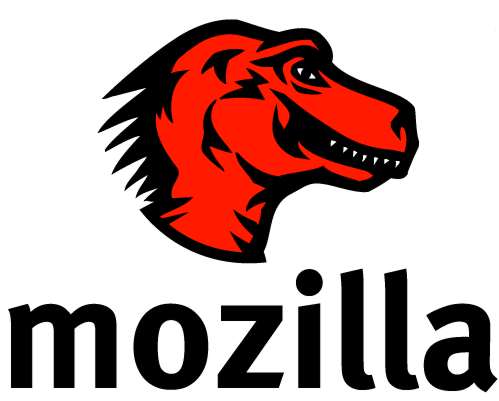| Mozilla Jumps On IoT Bandwagon |
| Written by Ian Elliot | |||
| Friday, 04 March 2016 | |||
|
Mozilla has been clarifying some of its plans to convert the Firefox OS project into four IoT based projects. At a casual glance this seems like a naive move that is doomed to failure. Just about everyone wants a slice of the action that is the Internet of Things (IoT), but few are very clear how to make it happen or what is required - even though they are all 100% sure that they know. Mozilla had a really good idea with Firefox OS. but the implementation was poor and progress slow. Without a market success it seems that Mozilla lacked the resources to keep working on it. So it decided to stop working on it, see Mozilla Confirms End of Firefox OS For Smartphones. Instead Mozilla has proposed four IoT oriented projects:
This sounds something like a sub-standard Siri or Cortana or something like Amazon's Alexa. It's also close in concept to Silk Labs Sense, from the IoT start-up founded by Andreas Gal, the former Mozilla CTO who has taken the Firefox OS team with him. The problem here is that projects of this sort require lots of resources by way of AI expertise and lots of cloud computing. Neither of which Mozilla has.
As anyone who has attempted to do the same sort of thing will tell you, building sensor webs is very difficult. Not because the software is hard, it isn't, but because the hardware is very tough to get right. Even if you design the right sort of hardware or use off the shelf hardware, you have the problem of organizing the communication network. Again you need significant cloud computing.
This is a more reasonable project and there is a significant software problem to be solved. Of course, others have already solved it, Cayenne for example, and it does all depend what you mean by "middle ground". Again there is probably a need for significant cloud computing resources.
Again this probably needs significant AI expertise and a cloud to back it up. So what to make of these projects? Mozilla is an open source organization and as such is free to do what it wants to. It doesn't even need to put money into the projects if it can get enough enthusiasts to dig in. However, at the point at which Firefox is dropping in popularity and Mozilla can't find the resources to work on Thunderbird or Firefox OS it seems strange to branch out into technologies that have very little to do with web browsers and a lot to do with advanced AI. None of this is core Mozilla teritory. It is also territory that a lot of other companies with much bigger resources are trying to capture. These are big, messy, risky projects that stand little chance of making much impact on the user. Jumping on the IoT bandwagon doesn't seem very innovative of Mozilla. The biggest problem of all is that Mozilla, despite receiving so much money from Google over the years, doesn't have an extensive cloud infrastructure of its own and all of the projects listed would need some cloud support. Mozilla really does seem to have lost its way.
More InformationUpdate on Connected Devices Innovation Process: Four Projects Move Forward Related ArticlesMozilla Confirms End of Firefox OS For Smartphones Mozilla Gives Up On Firefox OS
To be informed about new articles on I Programmer, sign up for our weekly newsletter, subscribe to the RSS feed and follow us on, Twitter, Facebook, Google+ or Linkedin.
Comments
or email your comment to: comments@i-programmer.info |
|||
| Last Updated ( Friday, 04 March 2016 ) |



